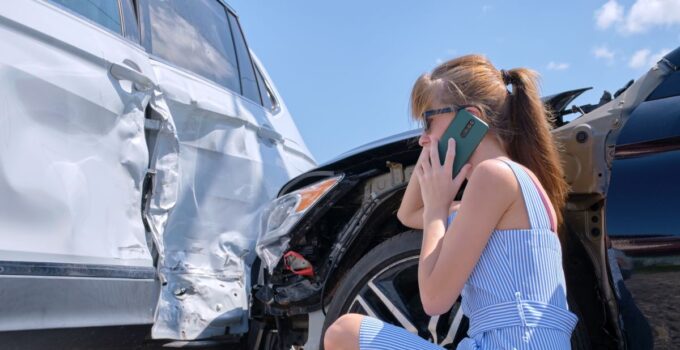Navigating the aftermath of a car accident can be stressful, and one of the most dreaded consequences is the potential hike in your auto insurance premium. A single vehicular accident, especially one where you’re found at fault, can have a dramatic impact on your insurance costs. But why does this happen, and how significant can this increase be?
1. Risk Assessment
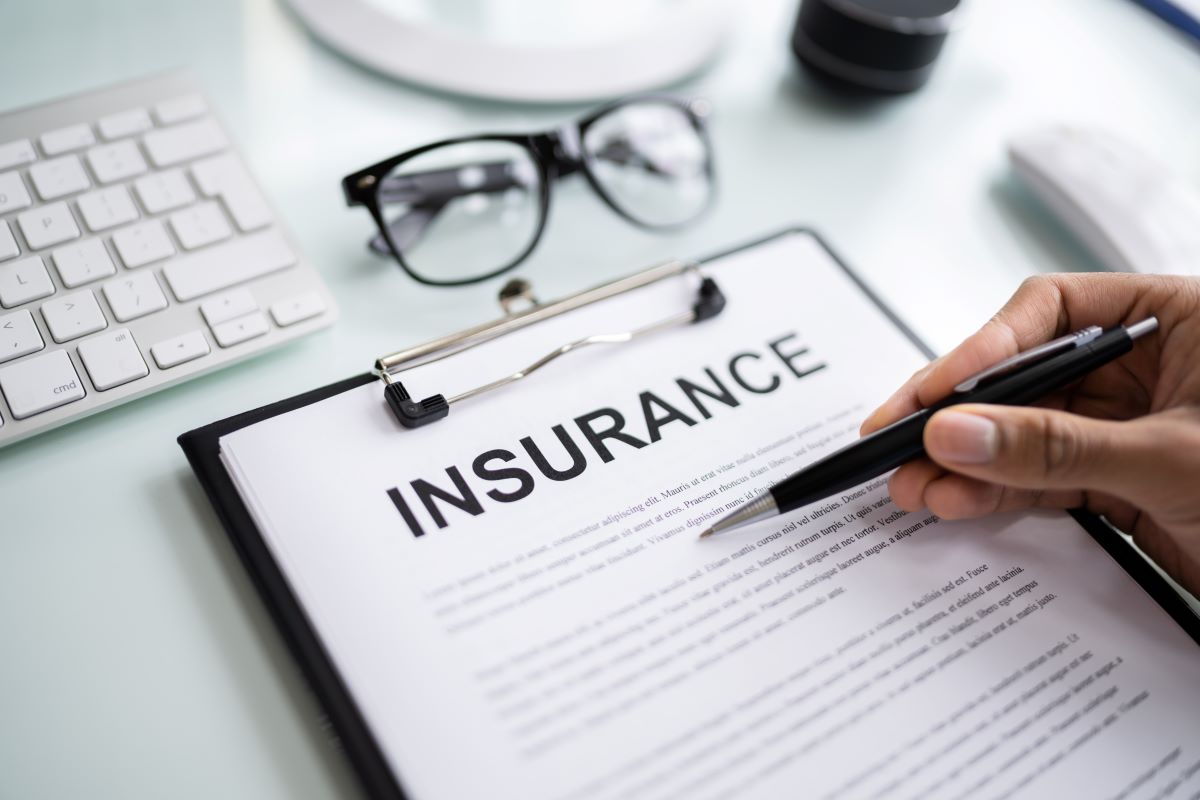
Featured Image Credit: Shutterstock / Andrey_Popov
Insurance companies base premiums on risk assessment. An accident raises your risk profile, prompting insurers to increase your premium to offset the higher risk of future claims.
2. Loss of No-Claim Bonus

Image Credit: Shutterstock / Monster Ztudio
A no-claim bonus (NCB) can significantly reduce your premiums over time. However, if you file a claim after an accident, especially if you’re at fault, you could lose this bonus, potentially doubling your premium.
3. At-Fault Status
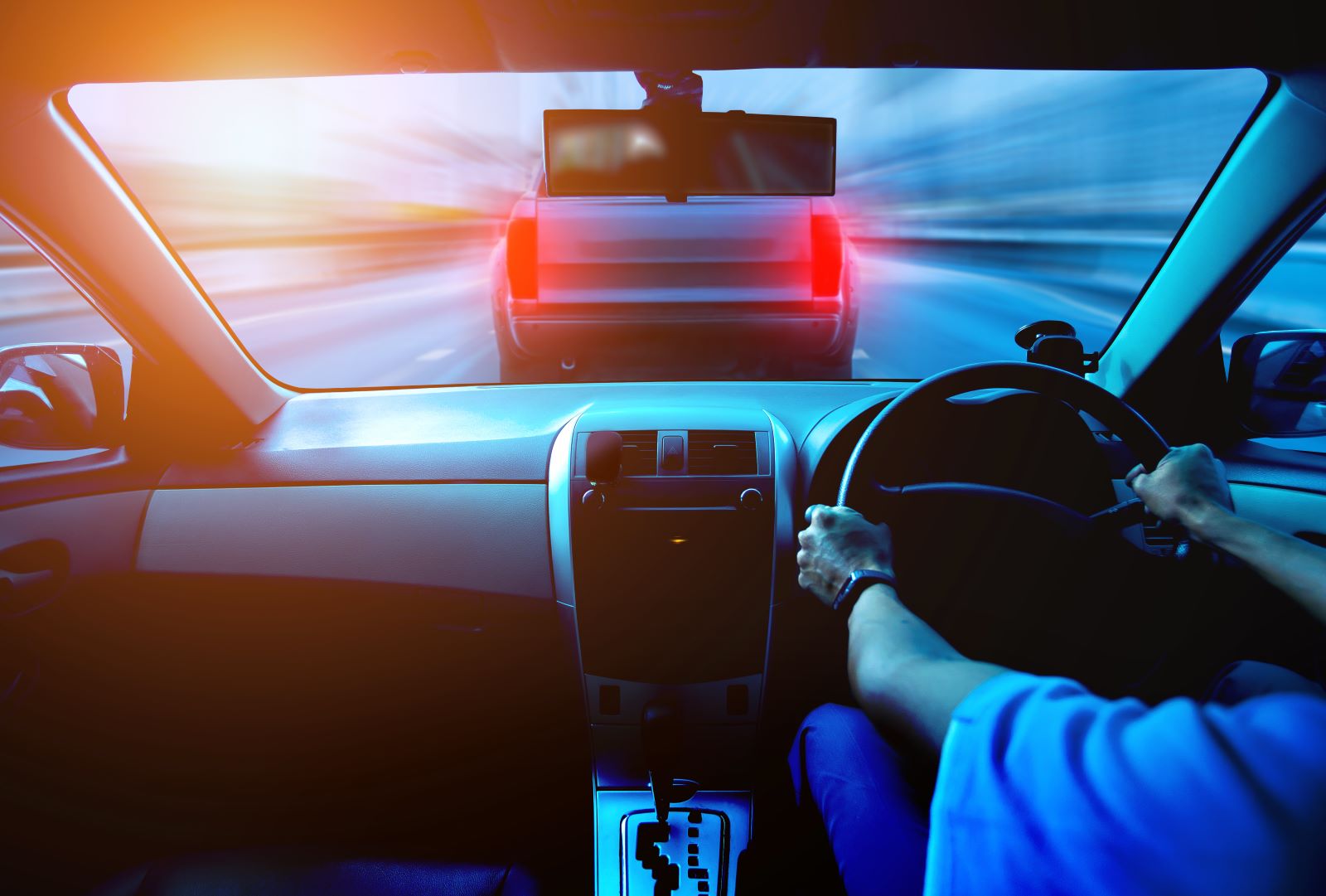
Image Credit: Shutterstock / Ph.wittaya
Being at fault in an accident typically results in a higher premium increase. Insurers view at-fault drivers as higher risks, which often leads to substantial surcharges on your policy.
4. Severity of the Accident
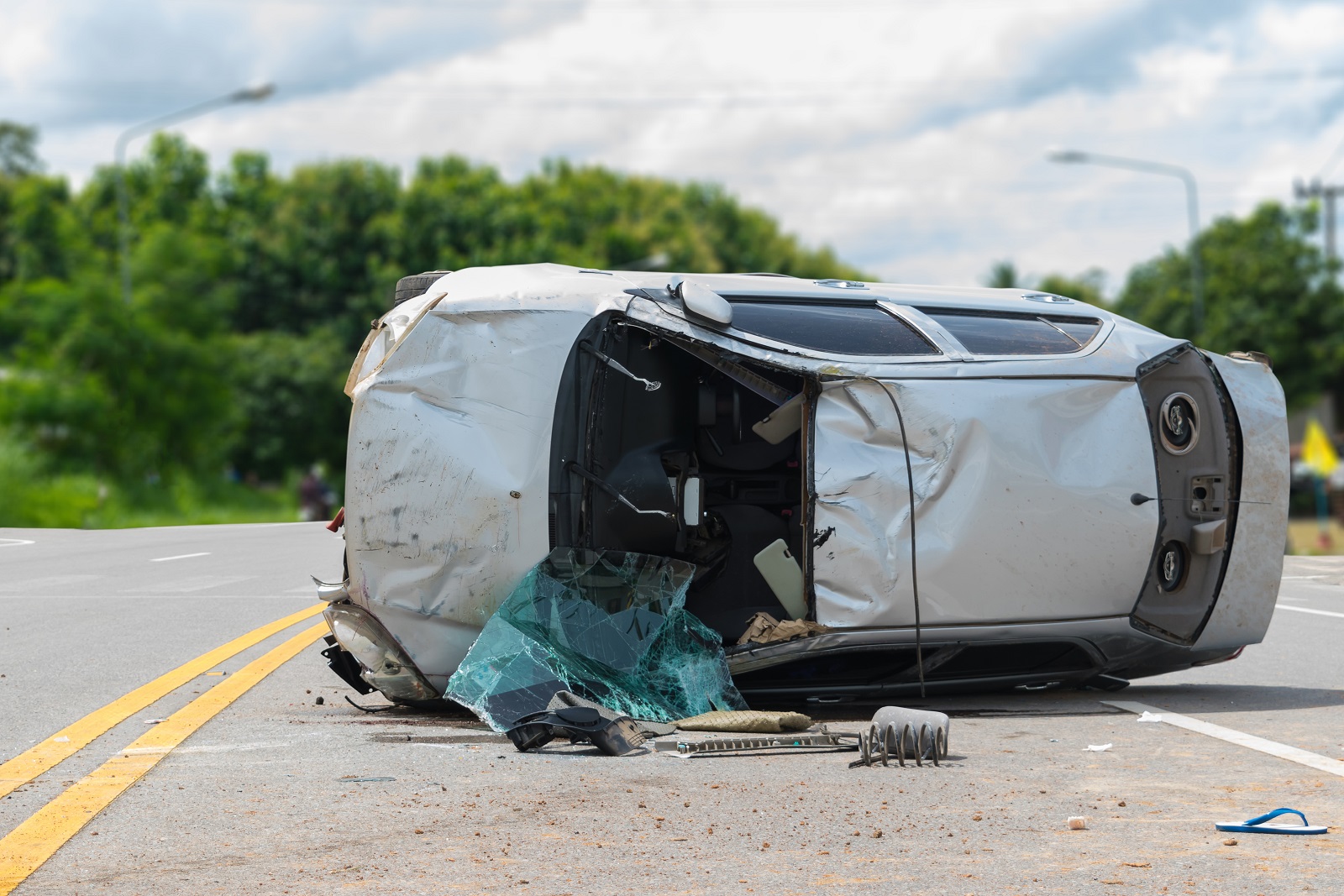
Image Credit: Shutterstock / GUNDAM_Ai
The severity of the accident affects premium costs. High-cost claims from serious damage or injuries can lead to significant premium increases.
5. Regional Insurance Rate Increases
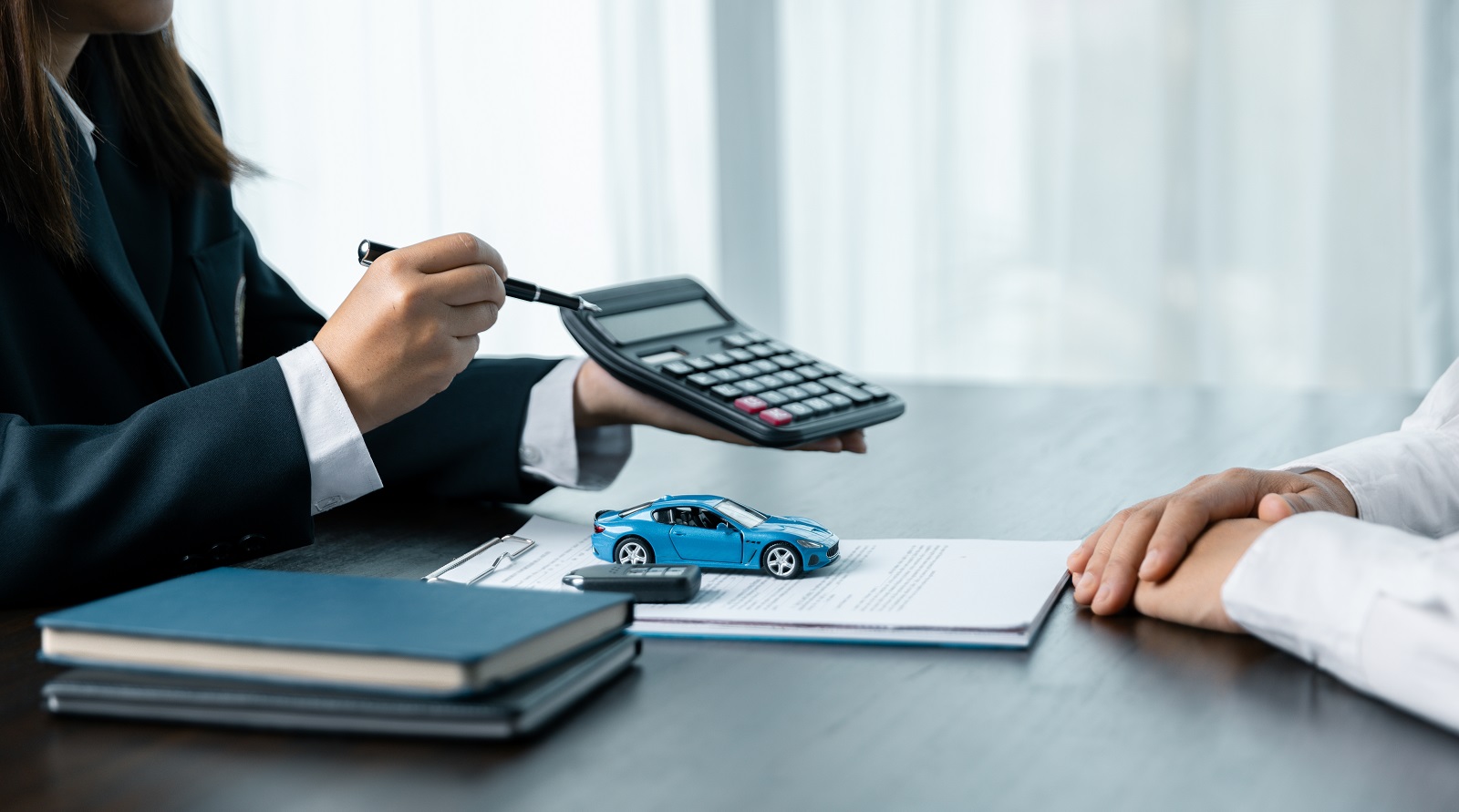
Image Credit: Shutterstock / jd8
Sometimes, regional adjustments in insurance rates due to local trends or environmental risks can coincide with your post-accident rate increase, magnifying the impact on your premium.
6. Enhanced Coverage
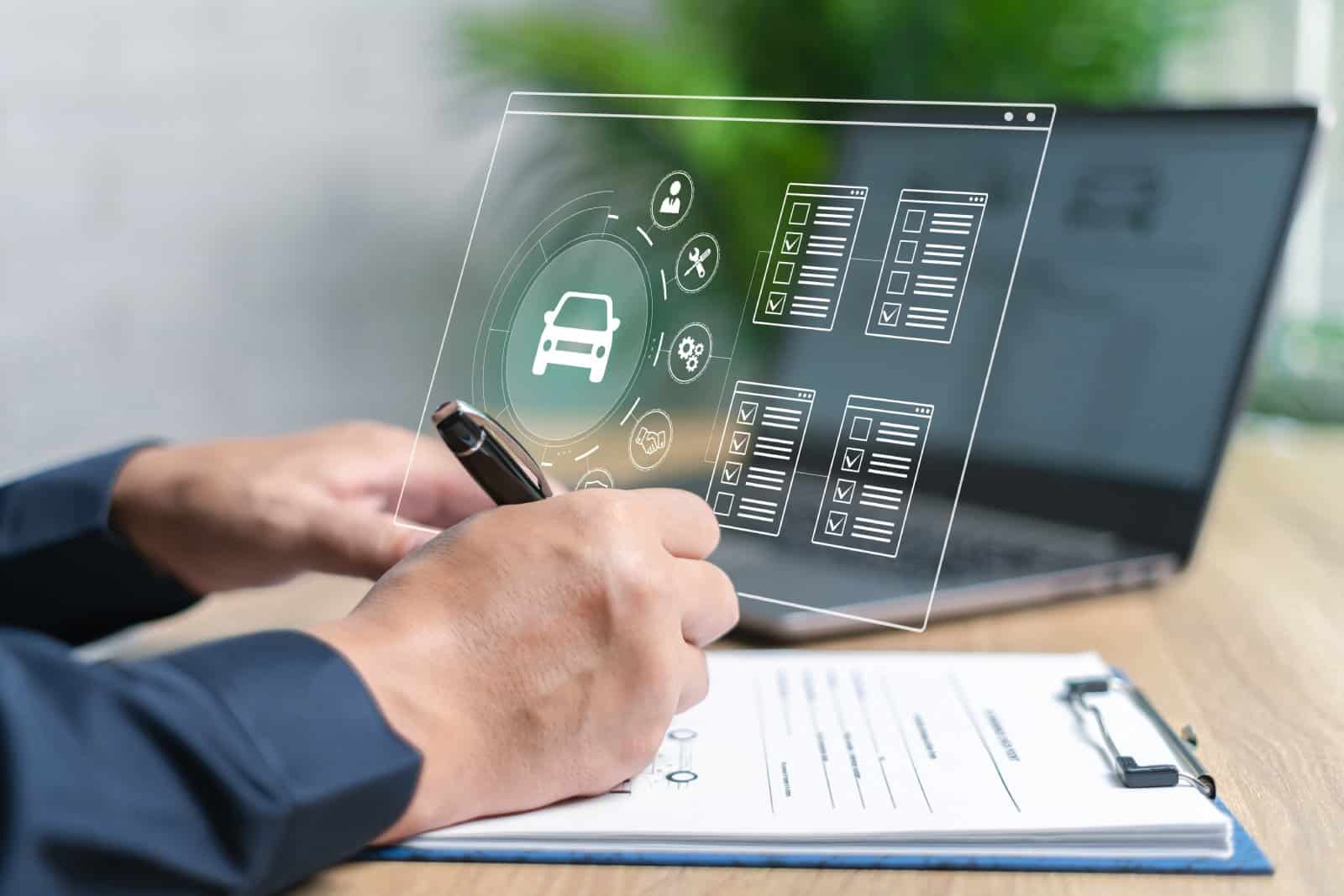
Image Credit: Shutterstock / NONGASIMO
Post-accident, you might choose to increase your coverage limits or add optional protections like collision or comprehensive insurance, further increasing your premium.
7. Multiple Claims
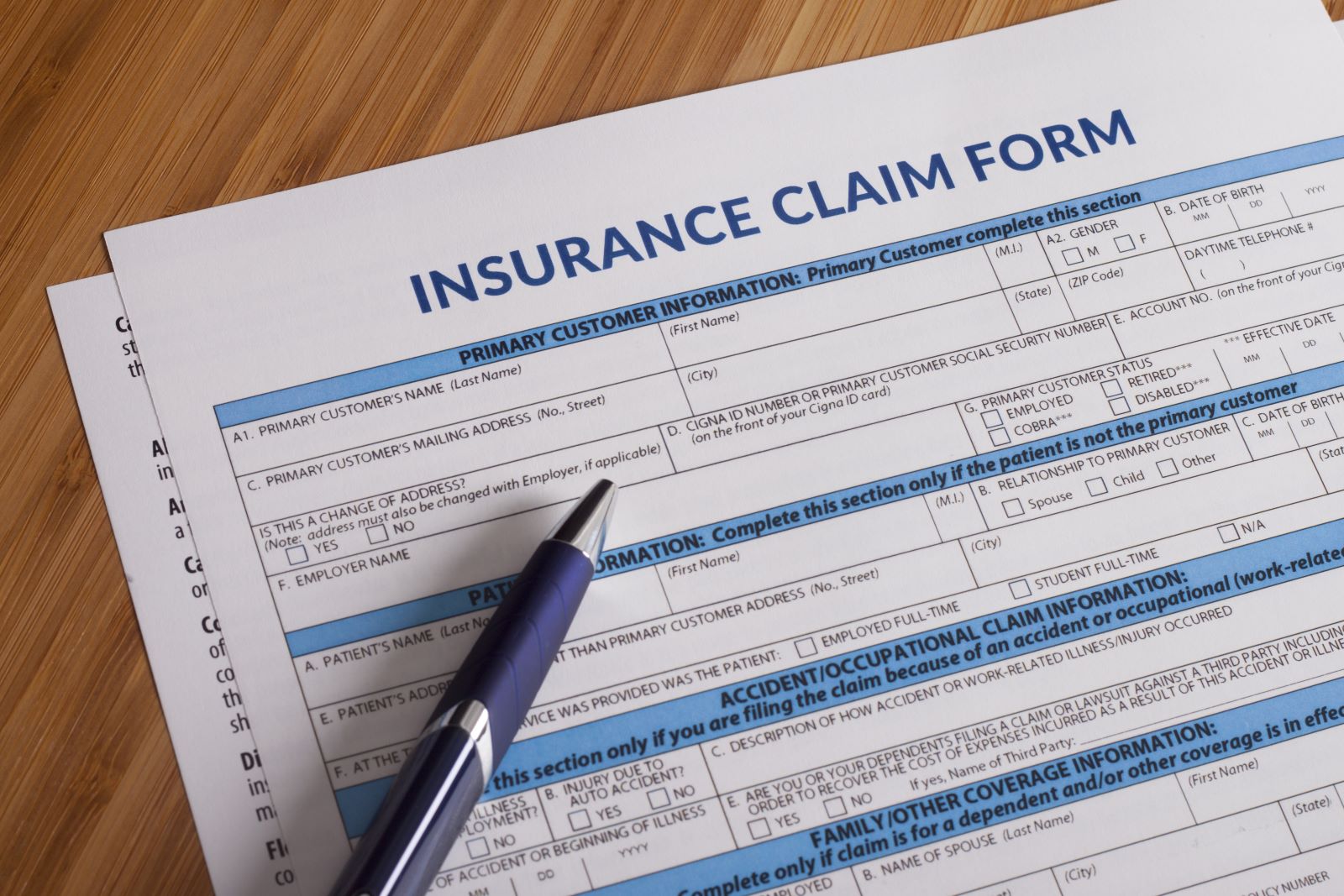
Image Credit: Shutterstock / danielfela
If the recent accident isn’t your first claim, the compounded effect of multiple claims can lead to a steep rise in premiums, sometimes doubling it.
8. Traffic Violations
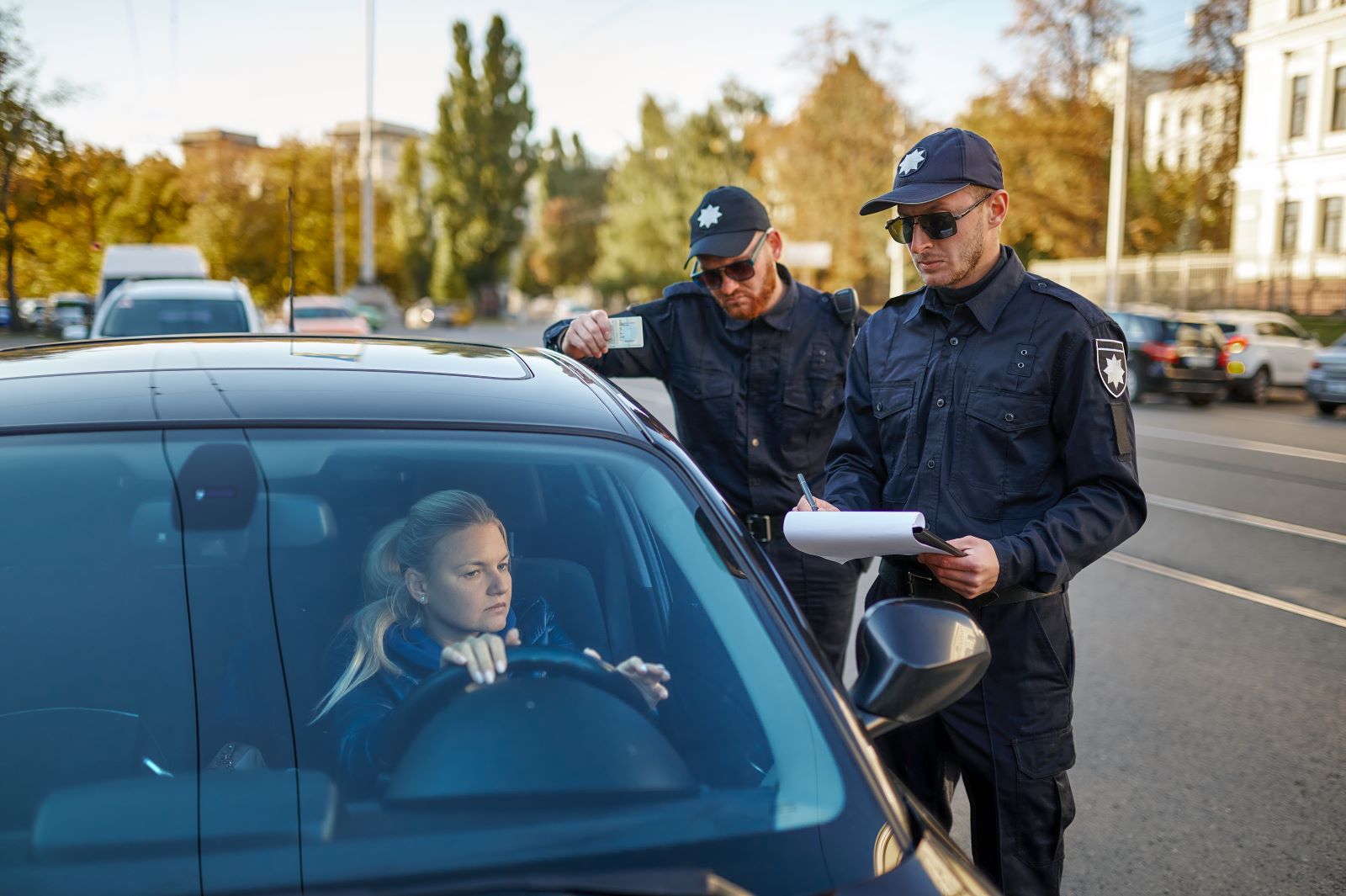
Image Credit: Shutterstock / Nomad_Soul
If your accident involves a traffic violation, such as speeding or running a red light, the combination of an accident claim and a traffic ticket can lead to an even higher premium increase.
9. Insurance Company’s Claim History

Image Credit: Shutterstock / fizkes
Your insurer’s overall claim history and financial health can influence how much your premium increases after an accident. Companies experiencing higher than expected claims may raise premiums more aggressively.
10. Change in Credit Score
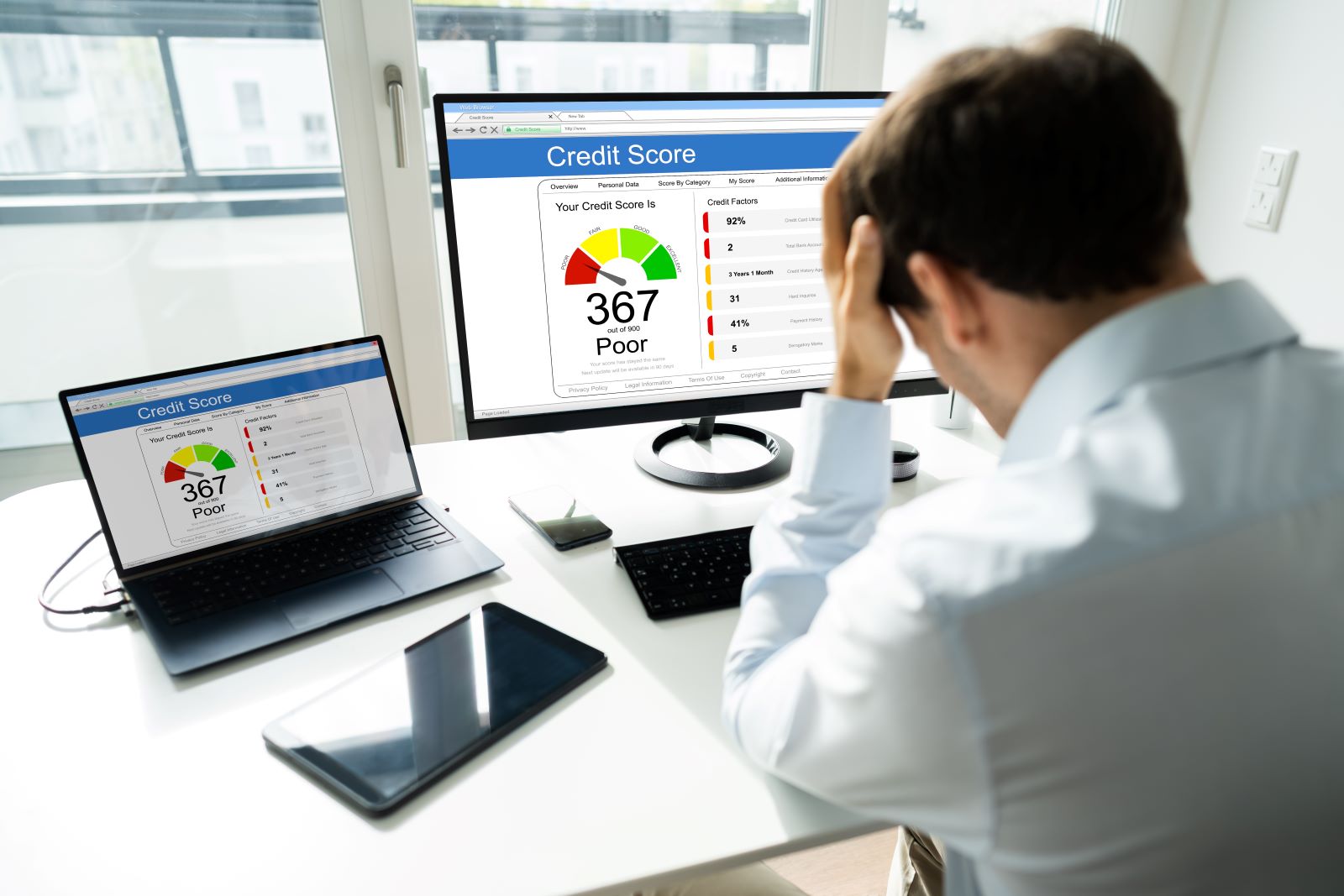
Image Credit: Shutterstock / Andrey_Popov
Some states allow insurers to use credit scores when determining premiums. If your credit score declines around the time of the accident, you might see a larger increase in your insurance costs.
11. Loss of Group Discounts
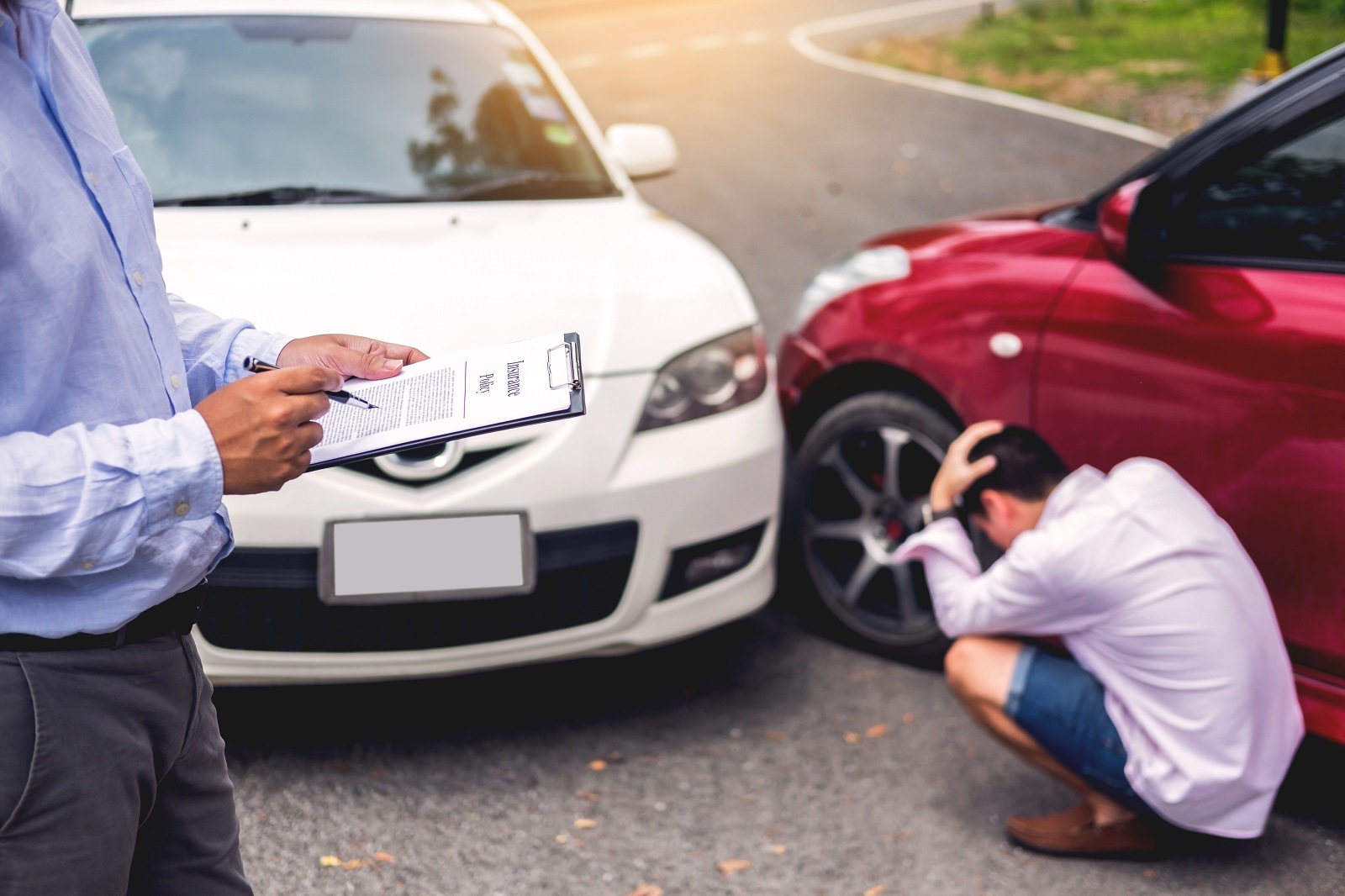
Image Credit: Shutterstock / Indypendenz
If your accident leads to a reassessment of your policy, you might lose eligibility for certain discounts like group rates through employers or associations, further increasing your premium.
12. Geographic Location Changes
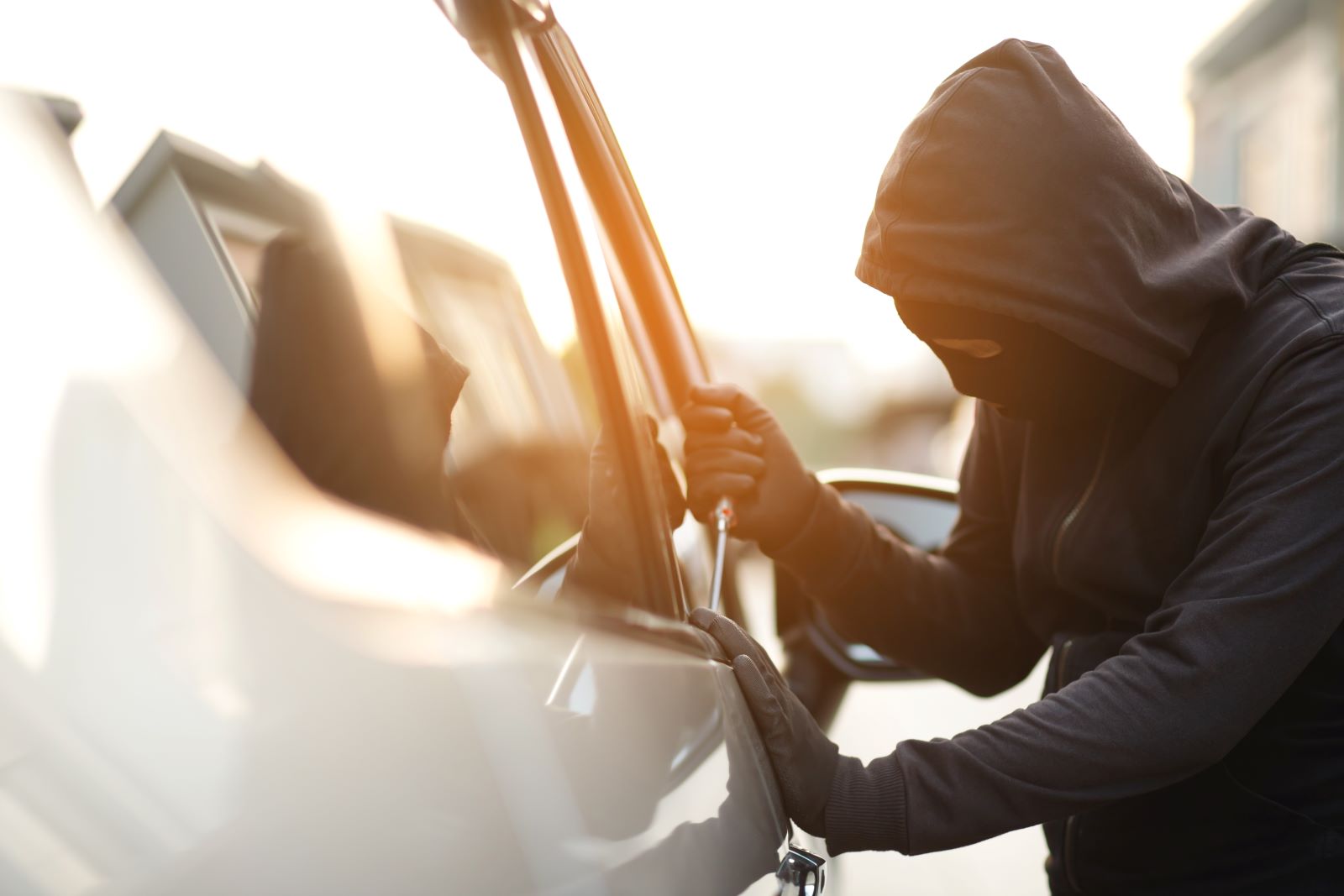
Image Credit: Shutterstock / fongbeerredhot
If you move to a higher-risk area post-accident, this can compound the increase in your premium. Urban areas with higher theft and accident rates generally have higher insurance costs.
13. Aging Vehicle
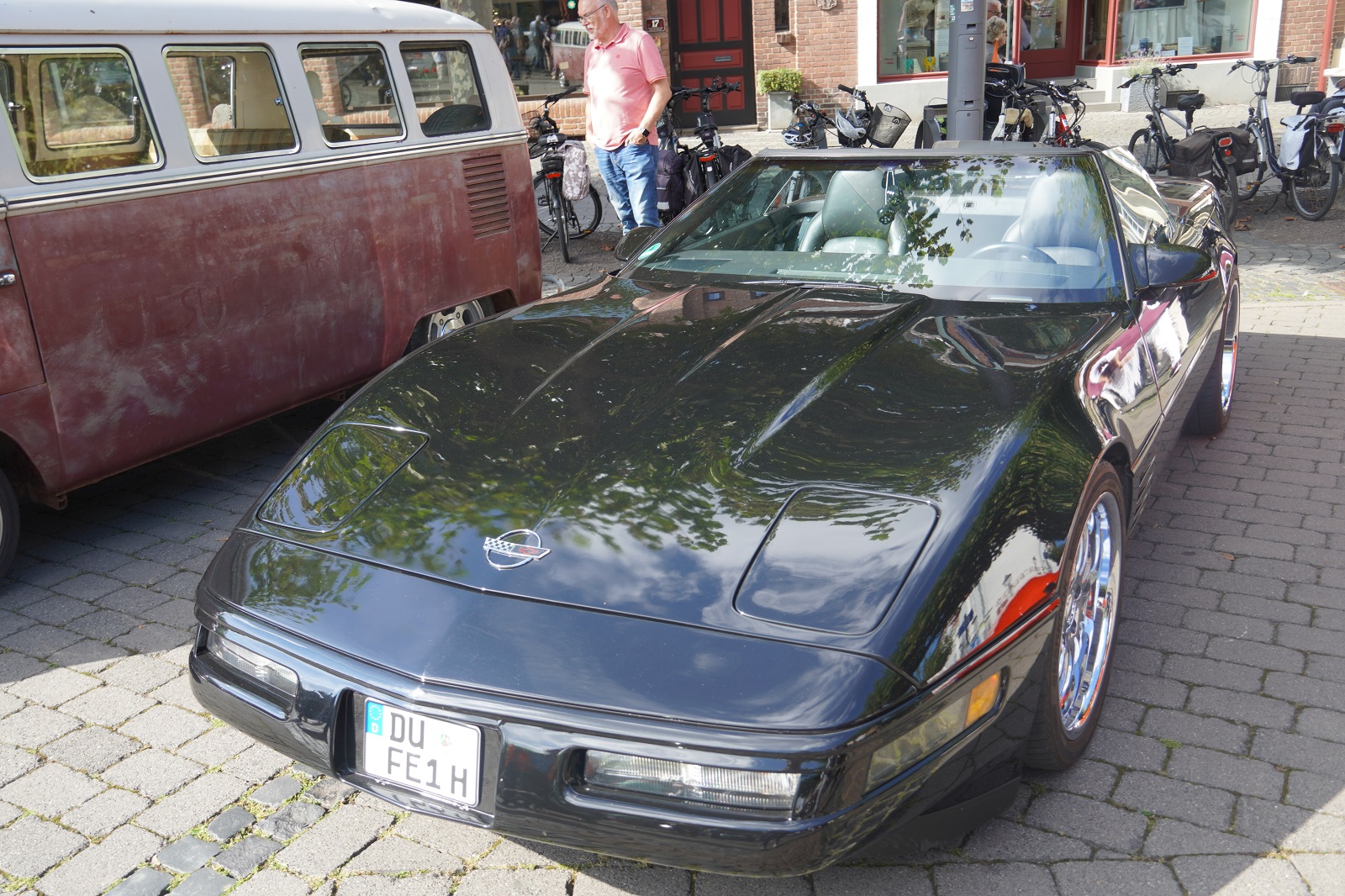
Image Credit: Shutterstock / Heinsdorff Jularlak
Older vehicles might be more expensive to insure post-accident if they’re considered more likely to break down or if parts are harder to find, thereby increasing repair costs.
14. Legal and Litigation Costs
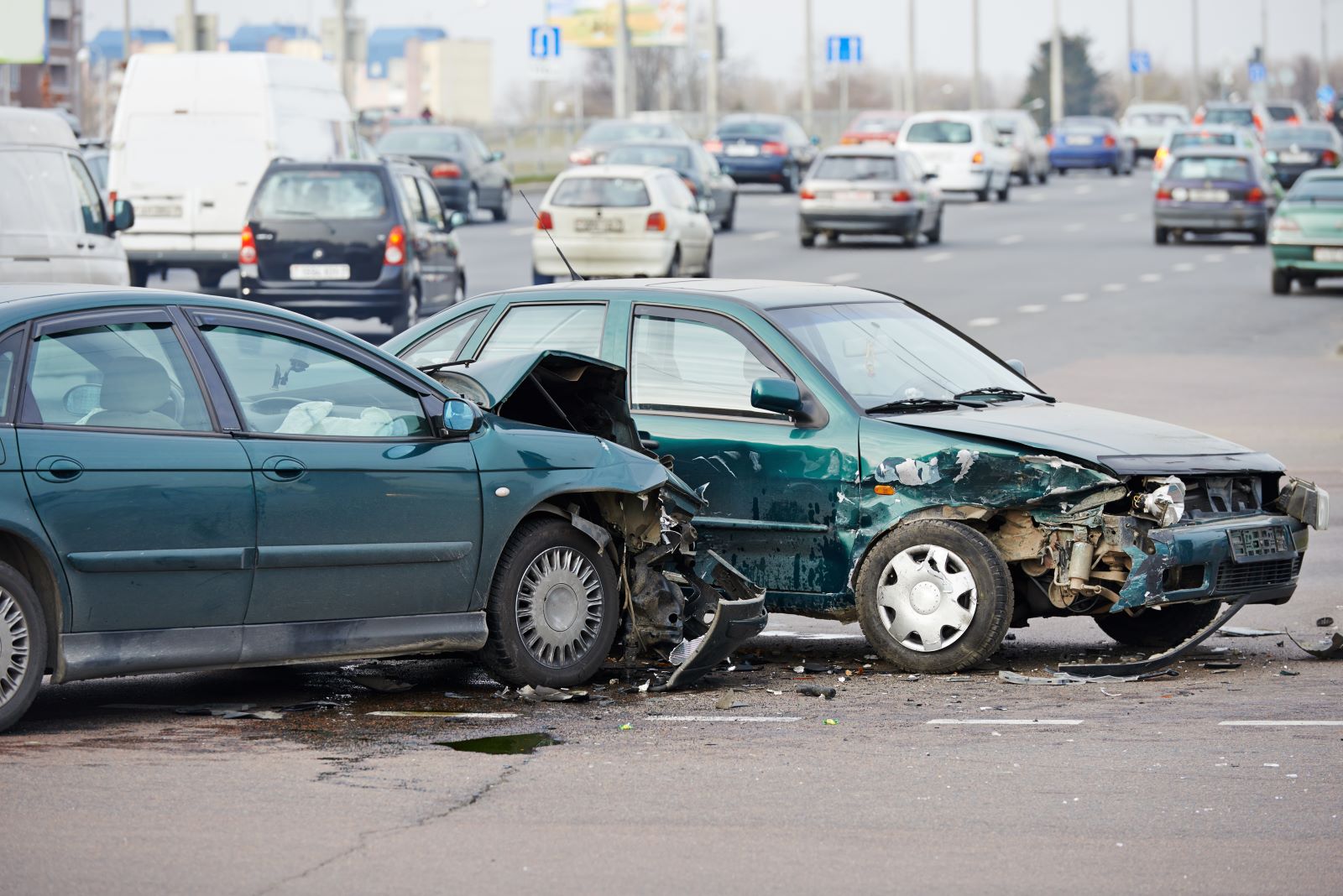
Image Credit: Shutterstock / Dmitry Kalinovsky
If your accident results in legal action, the potential liability can lead to a higher risk assessment and thus a higher premium, especially if the accident involves injuries to others.
15. Policy Deductible Changes
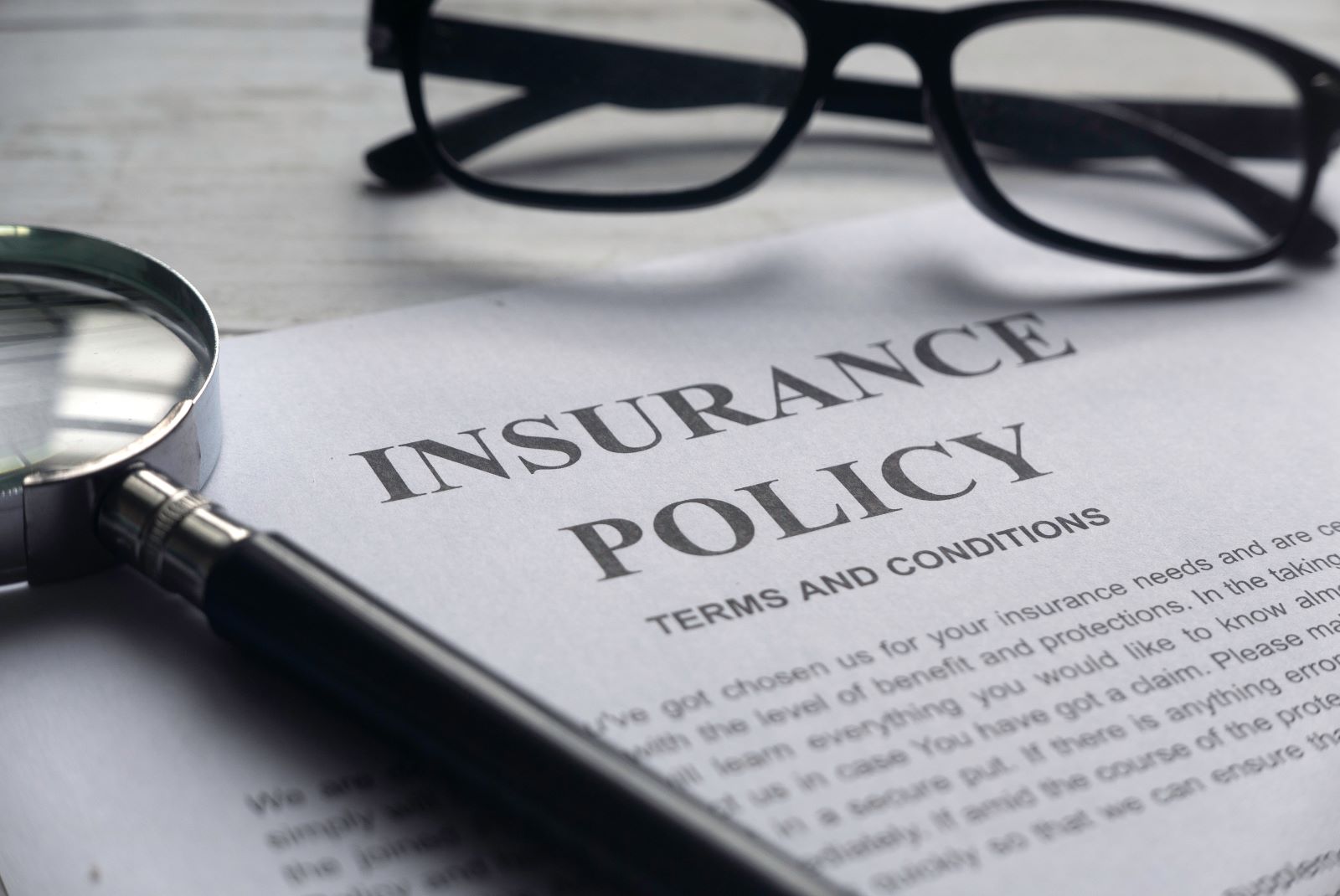
Image Credit: Shutterstock / Faizal Ramli
Lowering your deductible to reduce out-of-pocket expenses for future claims will increase your premium. If you make this change after an accident, it can add to the overall cost increase.
16. Industry-Wide Rate Adjustments

Image Credit: Shutterstock / Indypendenz
Occasionally, insurance rates are adjusted industry-wide due to changes in regulations or underwriting standards. Such adjustments can coincide with your post-accident premium reassessment, leading to larger increases.
Navigating the Hike
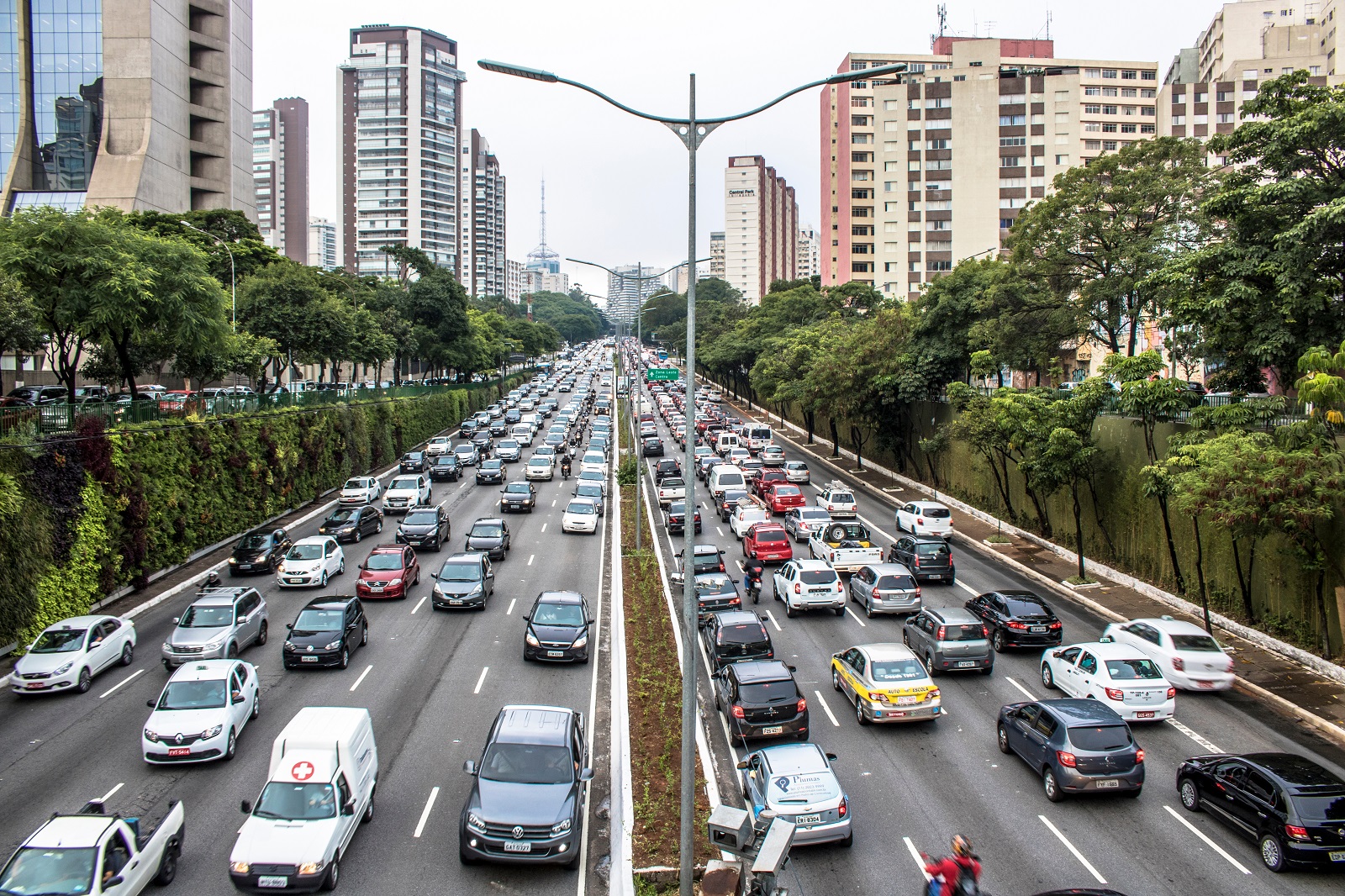
Image Credit: Shutterstock / Alf Ribeiro
Understanding why your auto insurance might double after an accident is crucial for managing costs and expectations. This insight can guide you in making informed decisions about your driving habits and insurance coverage, potentially saving you money and stress in the future. Are you prepared to adjust your coverage or driving habits to keep costs in check?
Police Magnet: 7 Cars That Guarantee You’ll Get Pulled Over
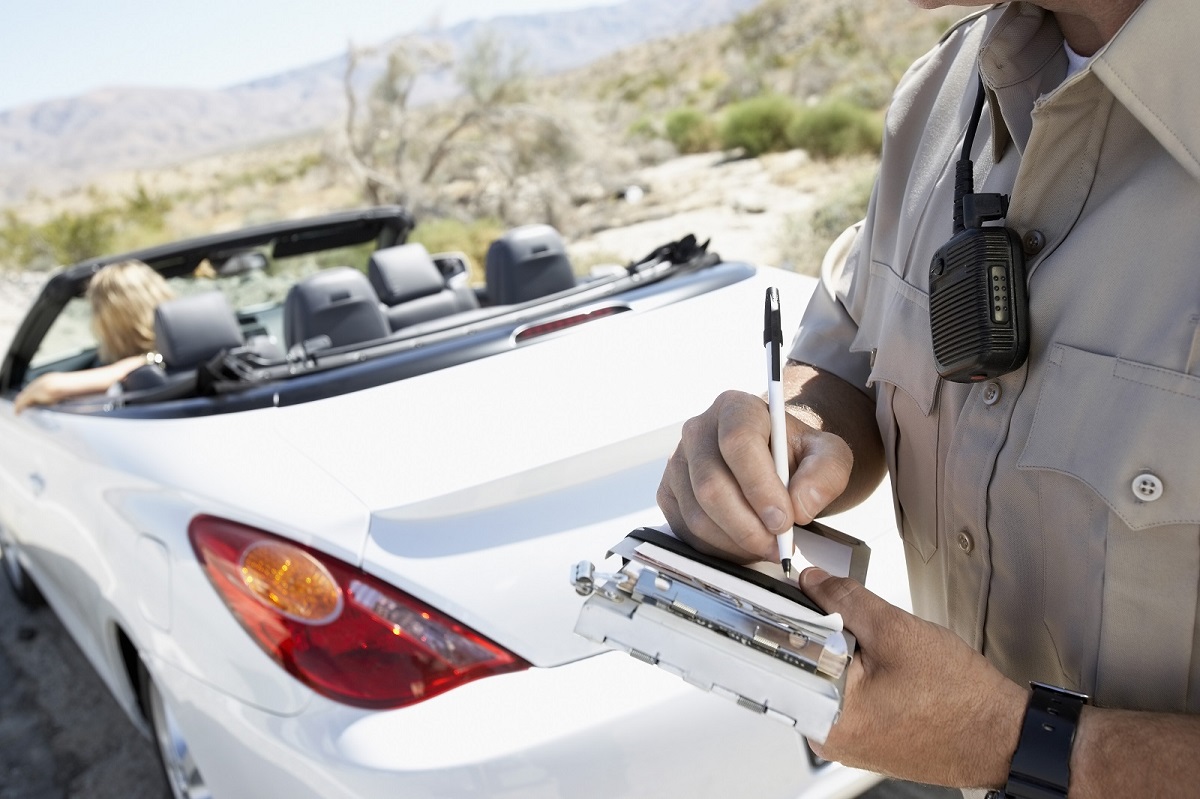
Image Credit: Shutterstock / sirtravelalot
Driving certain cars can make you more noticeable to law enforcement, even if you’re abiding by all the rules. Are you driving one of these “police magnets”? Here are seven cars that seem to attract more police attention than others. Police Magnet: 7 Cars That Guarantee You’ll Get Pulled Over
The Classic Cars That Were Total Clunkers
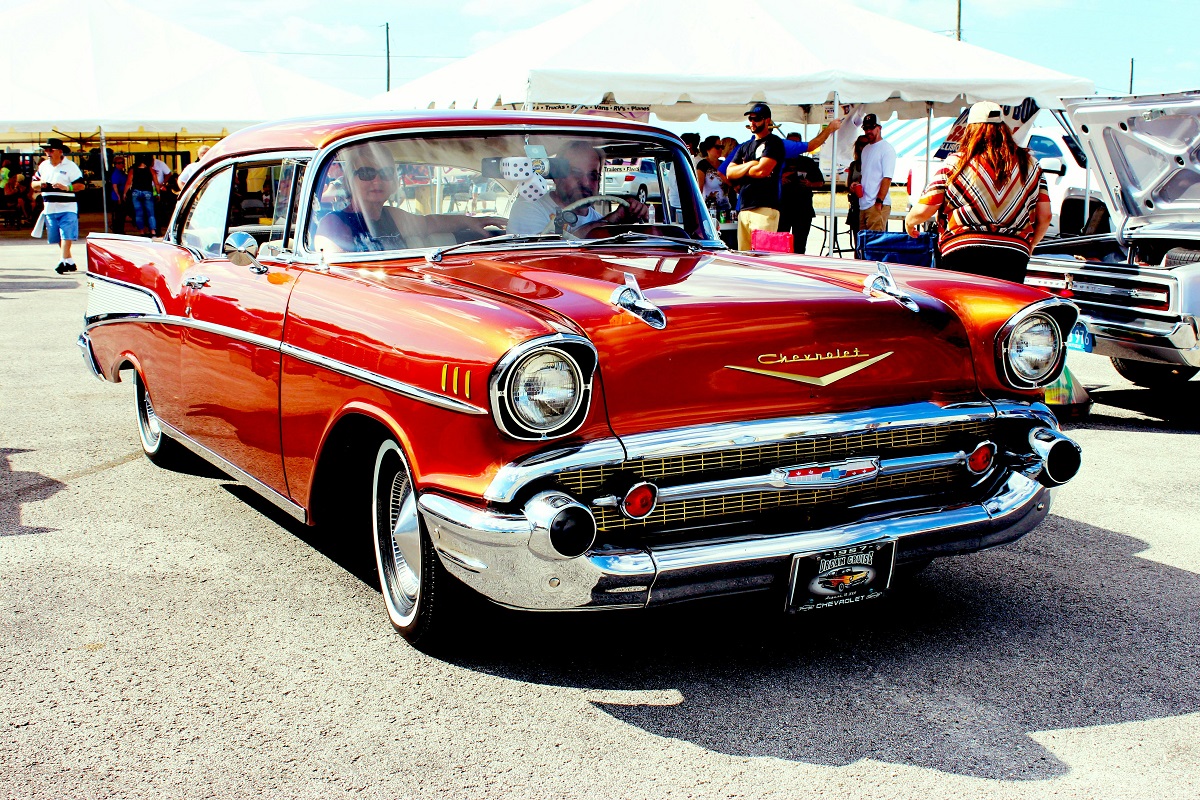
Image Credit: Pexels / Pixabay
Nostalgia has a funny way of making the past seem better than it was, especially when it comes to cars. But here’s the hard truth: some of those “classic” cars your dad raves about were real clunkers. Here’s a closer look at why some of those so-called “classics” weren’t all they were cracked up to be. The Classic Cars That Were Total Clunkers
The Worst U.S. Cars Ever Made: A Retro List
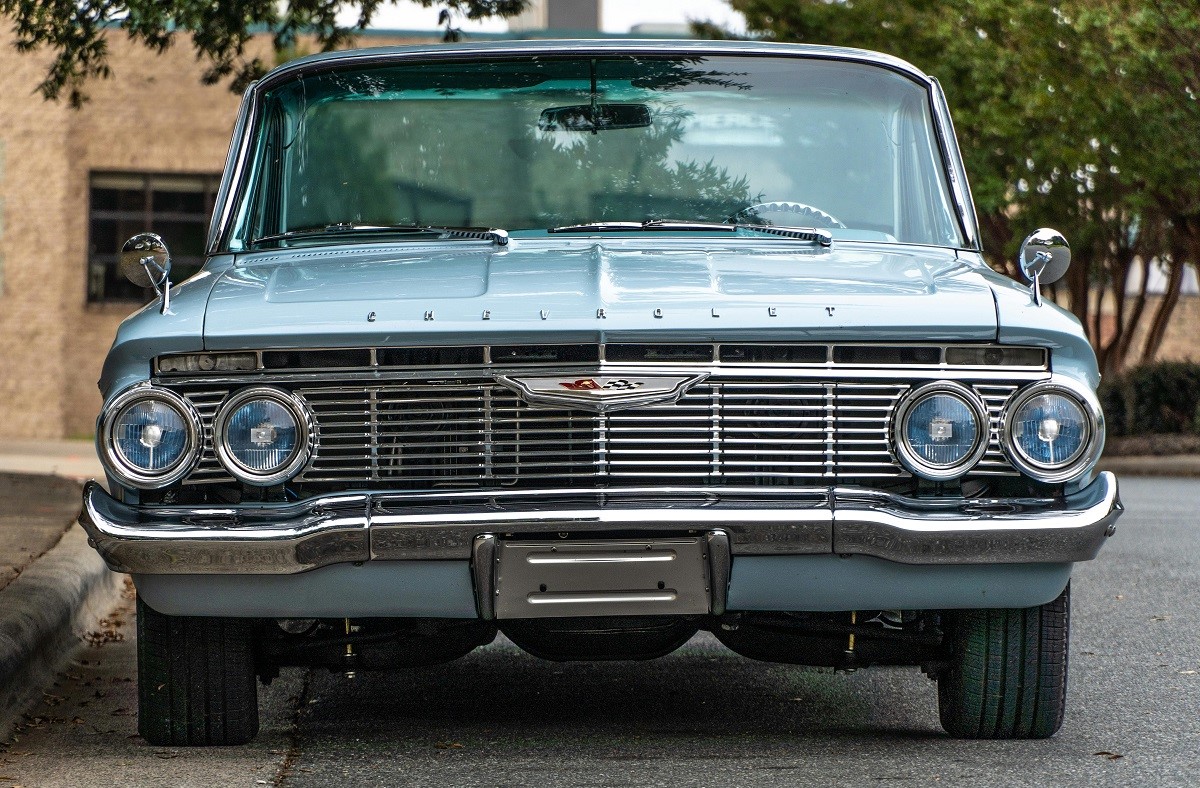
Image Credit: Pexels / Be The Observer
The U.S. auto industry has produced some incredible vehicles, but not every model was a hit. Here’s a look back at 16 of the worst cars ever made in the U.S., each infamous for its own unique flaws. The Worst U.S. Cars Ever Made: A Retro List
Featured Image Credit: Shutterstock / Bilanol.
The content of this article is for informational purposes only and does not constitute or replace professional advice.
The images used are for illustrative purposes only and may not represent the actual people or places mentioned in the article.
For transparency, this content was partly developed with AI assistance and carefully curated by an experienced editor to be informative and ensure accuracy.
